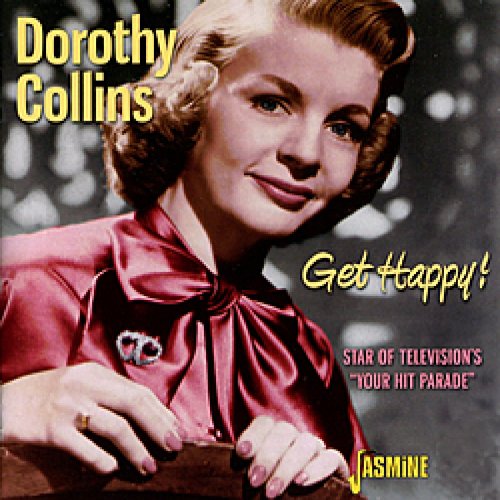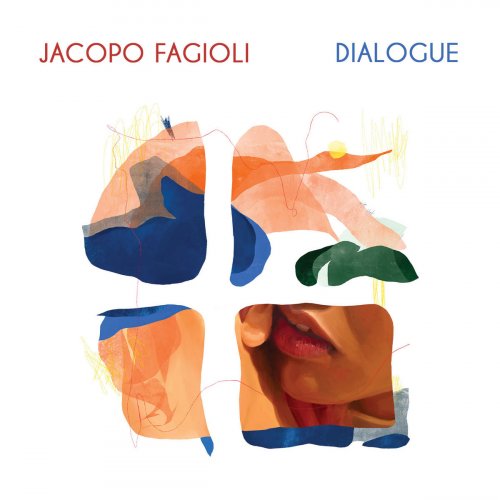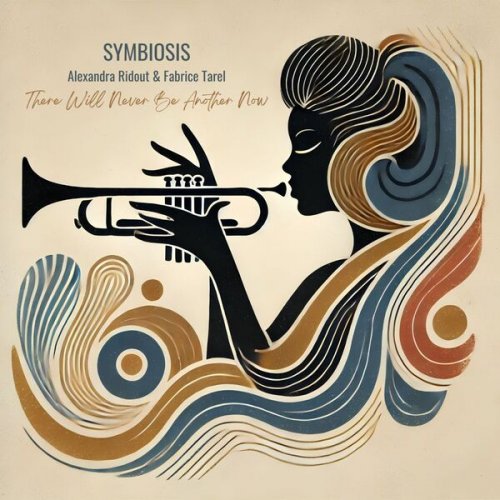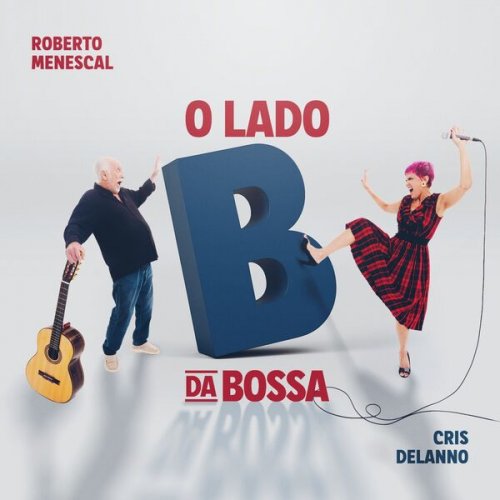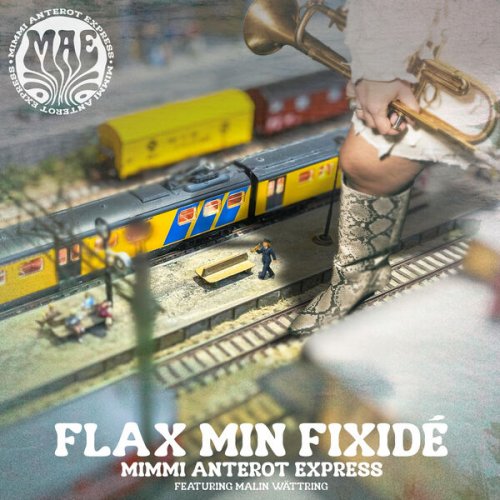Wild Child Butler - Direct-To-Disc Sessions [Vinyl] (2011)
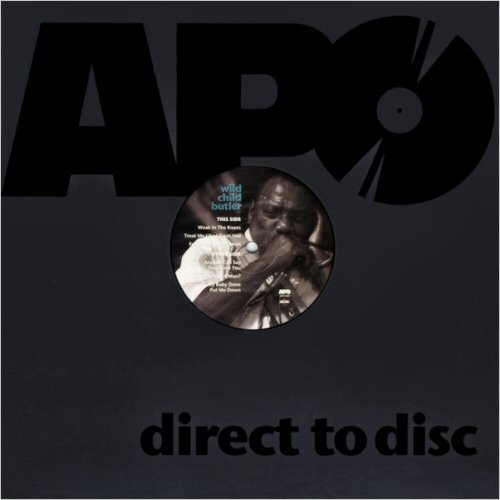
Artist: Wild Child Butler, George 'Wild Child' Butler
Title: Direct-To-Disc Sessions [Vinyl] (clean)
Year Of Release: 2011
Label: APO Records
Genre: Chicago Blues, Harmonica Blues
Quality: FLAC (tracks)
Total Time: 30:55
Total Size: 182 MB
WebSite: Album Preview
Tracklist:Title: Direct-To-Disc Sessions [Vinyl] (clean)
Year Of Release: 2011
Label: APO Records
Genre: Chicago Blues, Harmonica Blues
Quality: FLAC (tracks)
Total Time: 30:55
Total Size: 182 MB
WebSite: Album Preview
1. Weak In The Knees (6:22)
2. Treat Me Like I Treat You (3:19)
3. Forty Year Old Woman (4:00)
4. Anyone Can Say They Love You (4:36)
5. Can You Use A Man (6:13)
6. My Baby Done Put Me Down (6:25)
Personnel:
Vocals [Vocal], Blues Harp [Harp Bullet] – Wild Child Butler
Acoustic Guitar – Aaron Griggs (tracks: 4 to 6)
Bass – Julian Grech (tracks: 1 to 3)
Dobro – Jimmy D. Lane (tracks: 4 to 6)
Drums [Drums Kick] – Geoffrey Daye
Guitar, Acoustic Guitar – Aaron Griggs
All tracks were recorded live, direct-to-disc at Blue Heaven Studios, Salina, Kansas. Recorded October 14, 2000.
From all accounts, George Butler came by his nickname Wild Child honestly. On Sundays, some of the older ladies would come to the shack where he lived to visit his mother. Even as a toddler, little George would grab their legs and tug their skirts. The ladies would tell his mother that she had to "do something about that wild child," and the name stuck. Fortunately, he found time between the youthful shenanigans to learn some harp basics at age 12. He was gigging professionally as a bandleader by the late 1950s, but the harpist didn't have much luck in the recording wars until he moved to Chicago in 1966 and signed with Shreveport, La., based Jewel Records.
Wild Child's resume is top notch. He has toured with Jimmy Rogers, Lightnin' Hopkins, Cousin Joe and Roosevelt Sykes. His biggest influence is John Lee Sonny Boy Williamson and yet his sound is all his own. A prolific songwriter, Wild Child Butler performs mostly original compositions. George Butler is one of the most stylistically interesting and underrated blues performers in the business today.
In this, an era when Blues is so frequently fused with rock, soul and other more commercially viable music forms, Wild Child stands his artistic ground. Wild Child still plays and sings his blues in exactly the same authentic style that he developed and learned from his rural Alabama sharecropping mentors more than 40 years ago. When asked if he would change his style to be more commercially successful, Wild Child's didn't hesitate. "No I would not! Record companies have asked me to do that before. I wouldn't do it then, and I wouldn't do it now, just to sell more records. The way I do my blues, that's me! The blues isn't just something that I do, it's something that I am."
George is polite but firm with his audiences. In fact, when you meet George Butler, one finds him to be a pleasant, highly personable man with a ready smile as big as an Alabama cotton field, and in no way keeping with the image conjured up by the name Wild Child. He was asked "Why in spite of all the hard times and bad luck, do you still keep going?" He replied with an audible grin, "The blues is the facts of life, the truth, and the blues is what I'm about."
Indifferent agents, unethical record companies, insensitive audiences and the tough life on the road have not squelched the blues fire in Wild Child Butler. The swamp-harp king is one authentic original folk blues artist who can, in his own words, "Sho' 'nuff make the blues come down." Side A is Wild Child and his electric band. Side B is acoustic with Jimmy D. Lane accompanying on guitar. 6 songs.
Vocals [Vocal], Blues Harp [Harp Bullet] – Wild Child Butler
Acoustic Guitar – Aaron Griggs (tracks: 4 to 6)
Bass – Julian Grech (tracks: 1 to 3)
Dobro – Jimmy D. Lane (tracks: 4 to 6)
Drums [Drums Kick] – Geoffrey Daye
Guitar, Acoustic Guitar – Aaron Griggs
All tracks were recorded live, direct-to-disc at Blue Heaven Studios, Salina, Kansas. Recorded October 14, 2000.
From all accounts, George Butler came by his nickname Wild Child honestly. On Sundays, some of the older ladies would come to the shack where he lived to visit his mother. Even as a toddler, little George would grab their legs and tug their skirts. The ladies would tell his mother that she had to "do something about that wild child," and the name stuck. Fortunately, he found time between the youthful shenanigans to learn some harp basics at age 12. He was gigging professionally as a bandleader by the late 1950s, but the harpist didn't have much luck in the recording wars until he moved to Chicago in 1966 and signed with Shreveport, La., based Jewel Records.
Wild Child's resume is top notch. He has toured with Jimmy Rogers, Lightnin' Hopkins, Cousin Joe and Roosevelt Sykes. His biggest influence is John Lee Sonny Boy Williamson and yet his sound is all his own. A prolific songwriter, Wild Child Butler performs mostly original compositions. George Butler is one of the most stylistically interesting and underrated blues performers in the business today.
In this, an era when Blues is so frequently fused with rock, soul and other more commercially viable music forms, Wild Child stands his artistic ground. Wild Child still plays and sings his blues in exactly the same authentic style that he developed and learned from his rural Alabama sharecropping mentors more than 40 years ago. When asked if he would change his style to be more commercially successful, Wild Child's didn't hesitate. "No I would not! Record companies have asked me to do that before. I wouldn't do it then, and I wouldn't do it now, just to sell more records. The way I do my blues, that's me! The blues isn't just something that I do, it's something that I am."
George is polite but firm with his audiences. In fact, when you meet George Butler, one finds him to be a pleasant, highly personable man with a ready smile as big as an Alabama cotton field, and in no way keeping with the image conjured up by the name Wild Child. He was asked "Why in spite of all the hard times and bad luck, do you still keep going?" He replied with an audible grin, "The blues is the facts of life, the truth, and the blues is what I'm about."
Indifferent agents, unethical record companies, insensitive audiences and the tough life on the road have not squelched the blues fire in Wild Child Butler. The swamp-harp king is one authentic original folk blues artist who can, in his own words, "Sho' 'nuff make the blues come down." Side A is Wild Child and his electric band. Side B is acoustic with Jimmy D. Lane accompanying on guitar. 6 songs.
![Yasuhiro Usui, Ryoko Ono and Taro Tatsumaki - The House Concert Live Collection, Vol. 55: Yasuhiro Usui (Live at 3rd Floor, Artist House, Daehak-ro, Seoul, 7/12/2015) (2025) [Hi-Res] Yasuhiro Usui, Ryoko Ono and Taro Tatsumaki - The House Concert Live Collection, Vol. 55: Yasuhiro Usui (Live at 3rd Floor, Artist House, Daehak-ro, Seoul, 7/12/2015) (2025) [Hi-Res]](https://www.dibpic.com/uploads/posts/2025-12/1765791289_rchn1y2nh7yfb_600.jpg)
![Tomasz Stańko - Zamek mgieł (Polish Radio Sessions vol. 3/6) (2025) [Hi-Res] Tomasz Stańko - Zamek mgieł (Polish Radio Sessions vol. 3/6) (2025) [Hi-Res]](https://www.dibpic.com/uploads/posts/2025-12/1765795906_cover.jpg)
